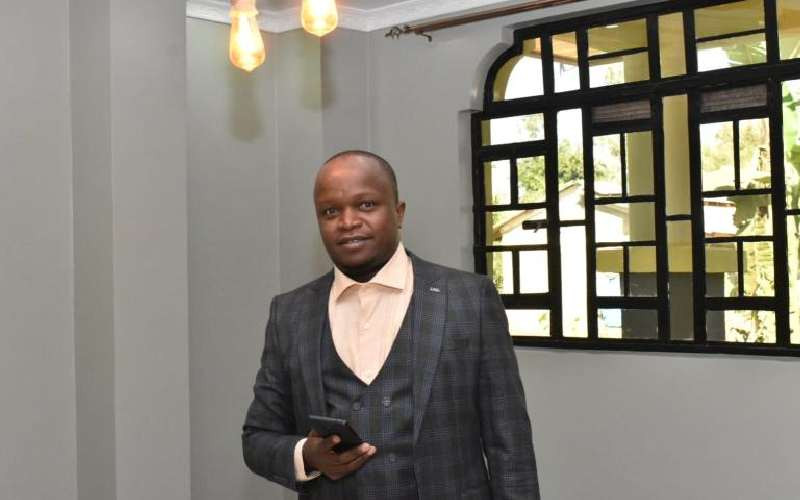×
The Standard e-Paper
Fearless, Trusted News

The journey of a thousand miles begins with a single step, said Chinese philosopher Lao Tzu.
Farrowson Muriithi's first step into the world of business was after high school in Kavoteri Boys, Embu County.